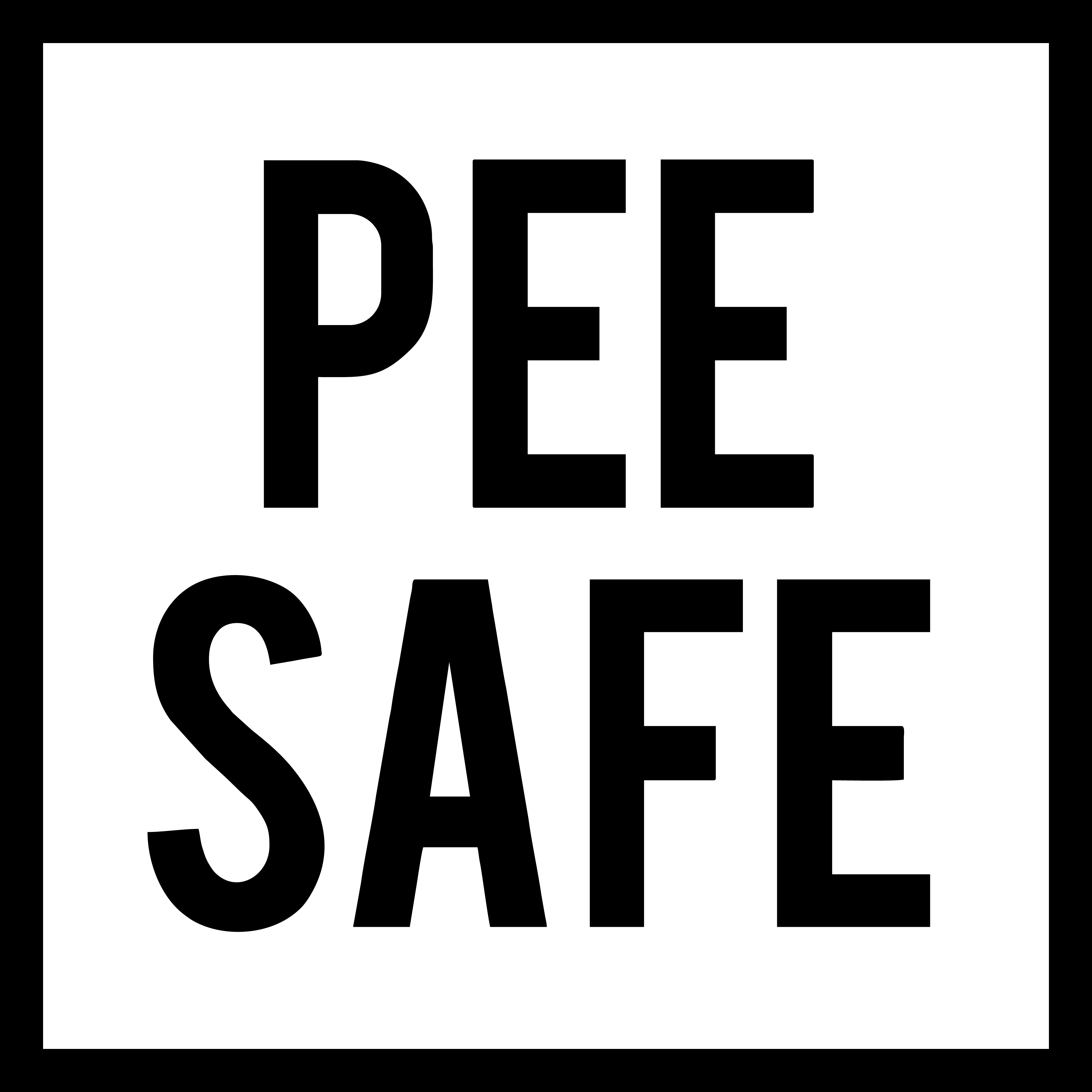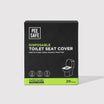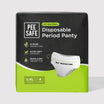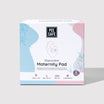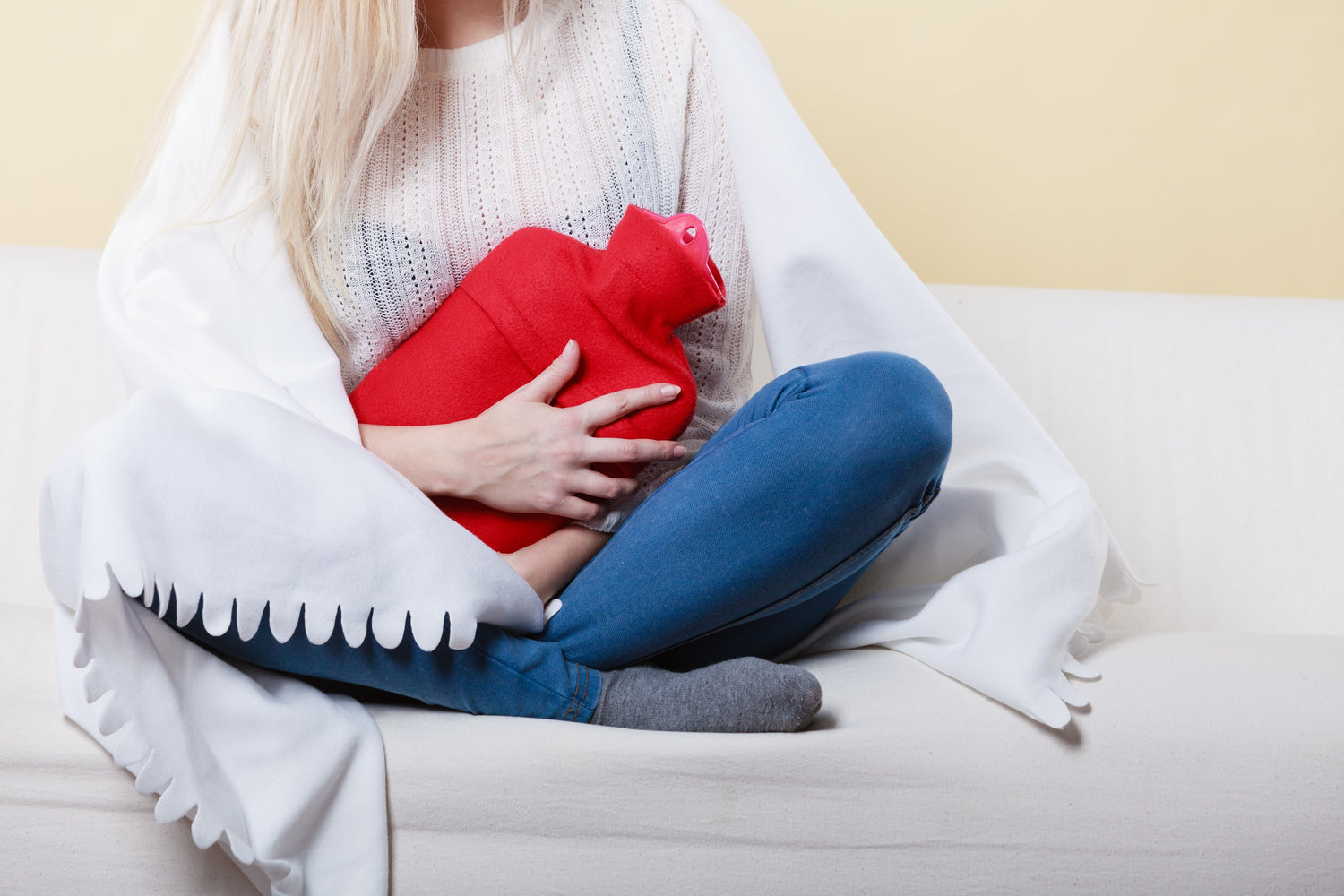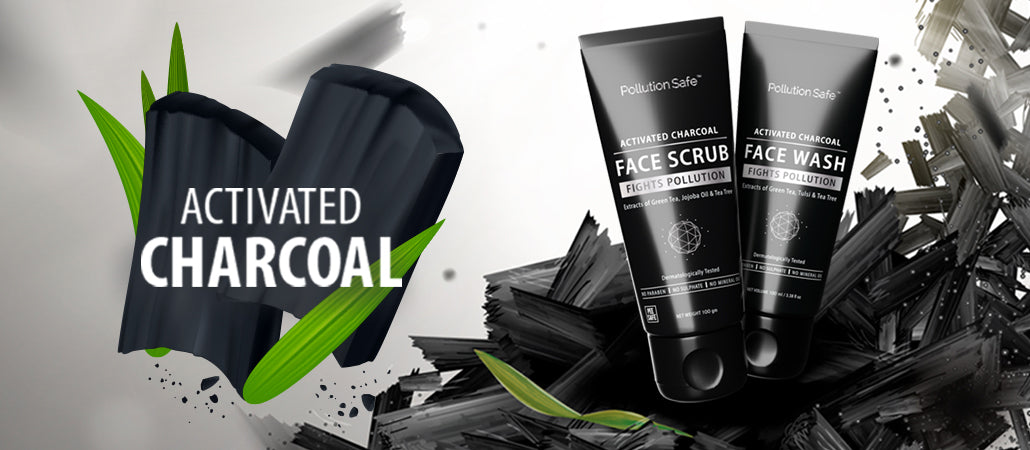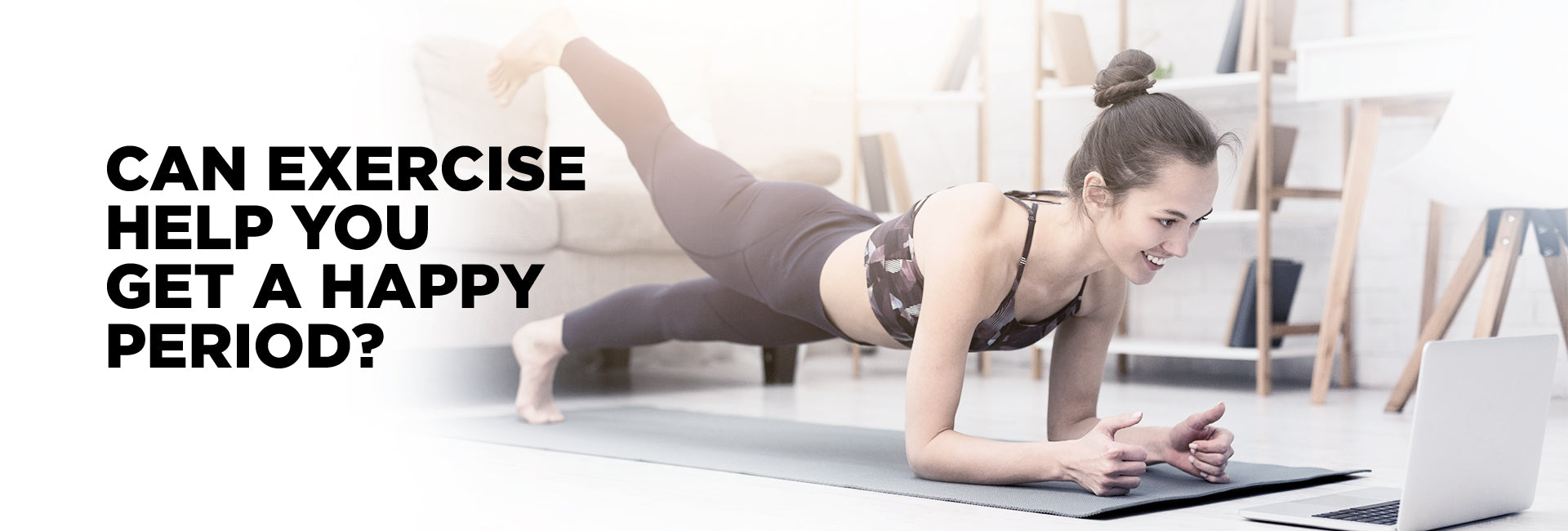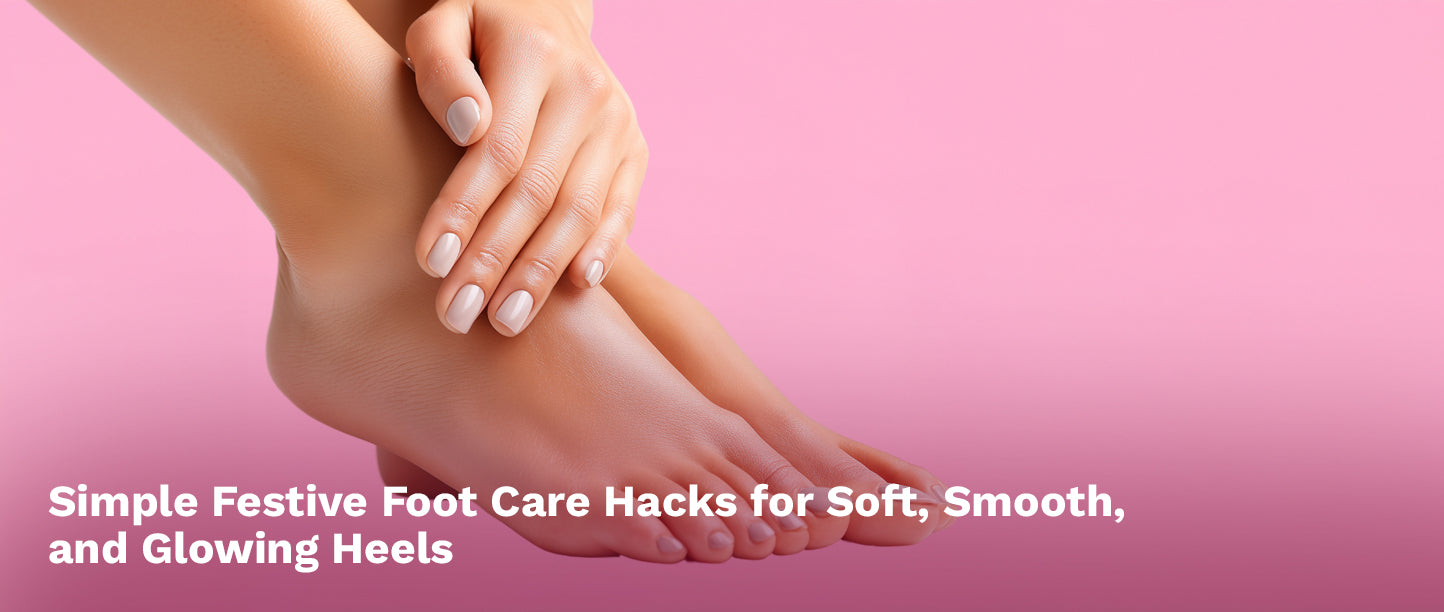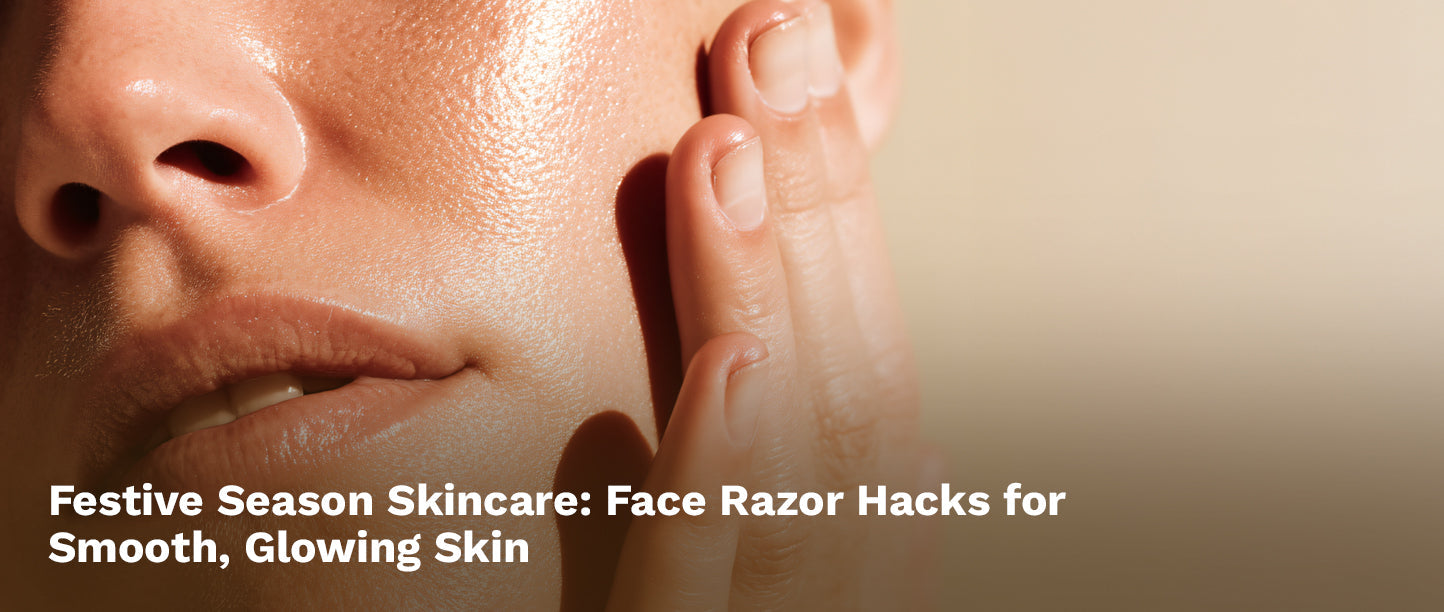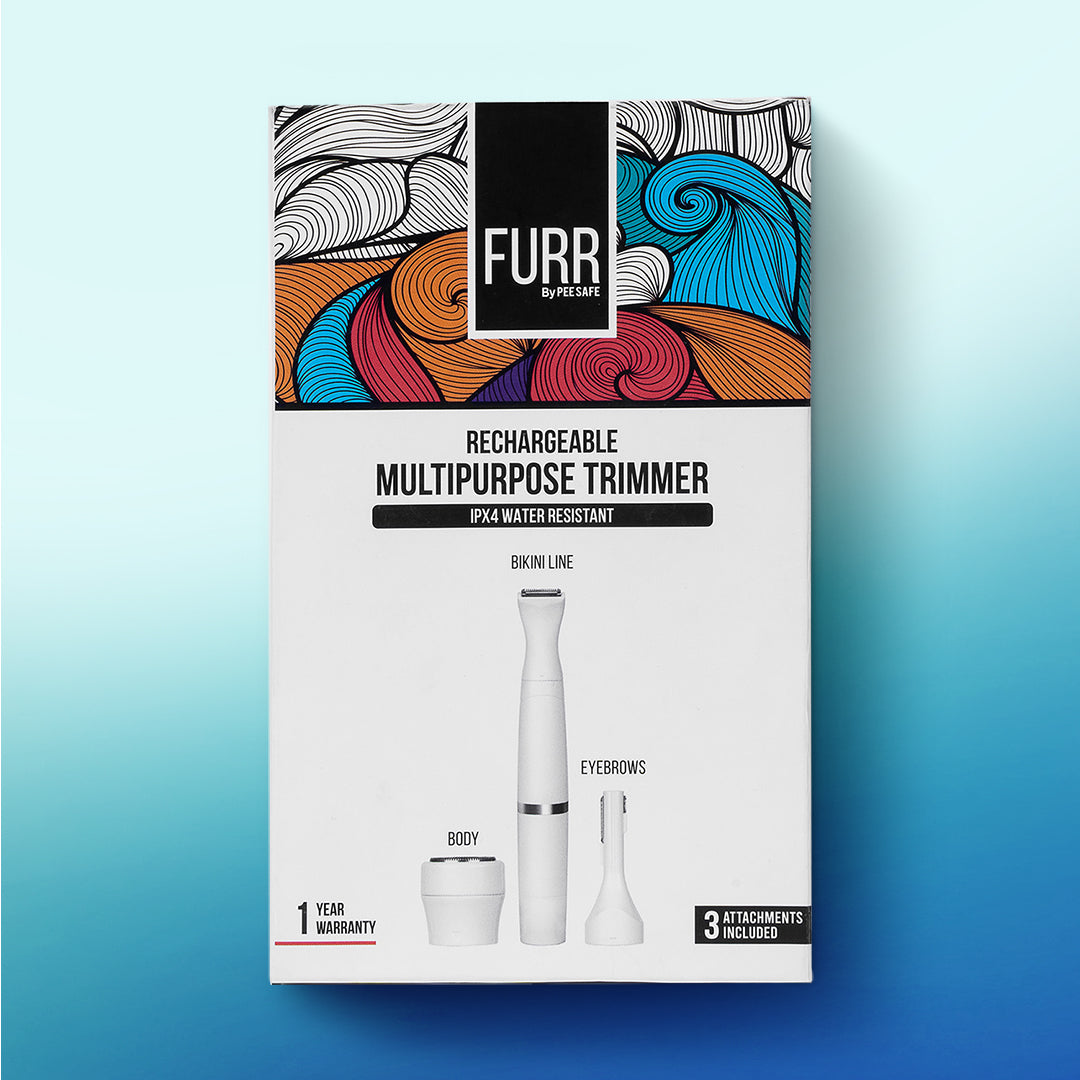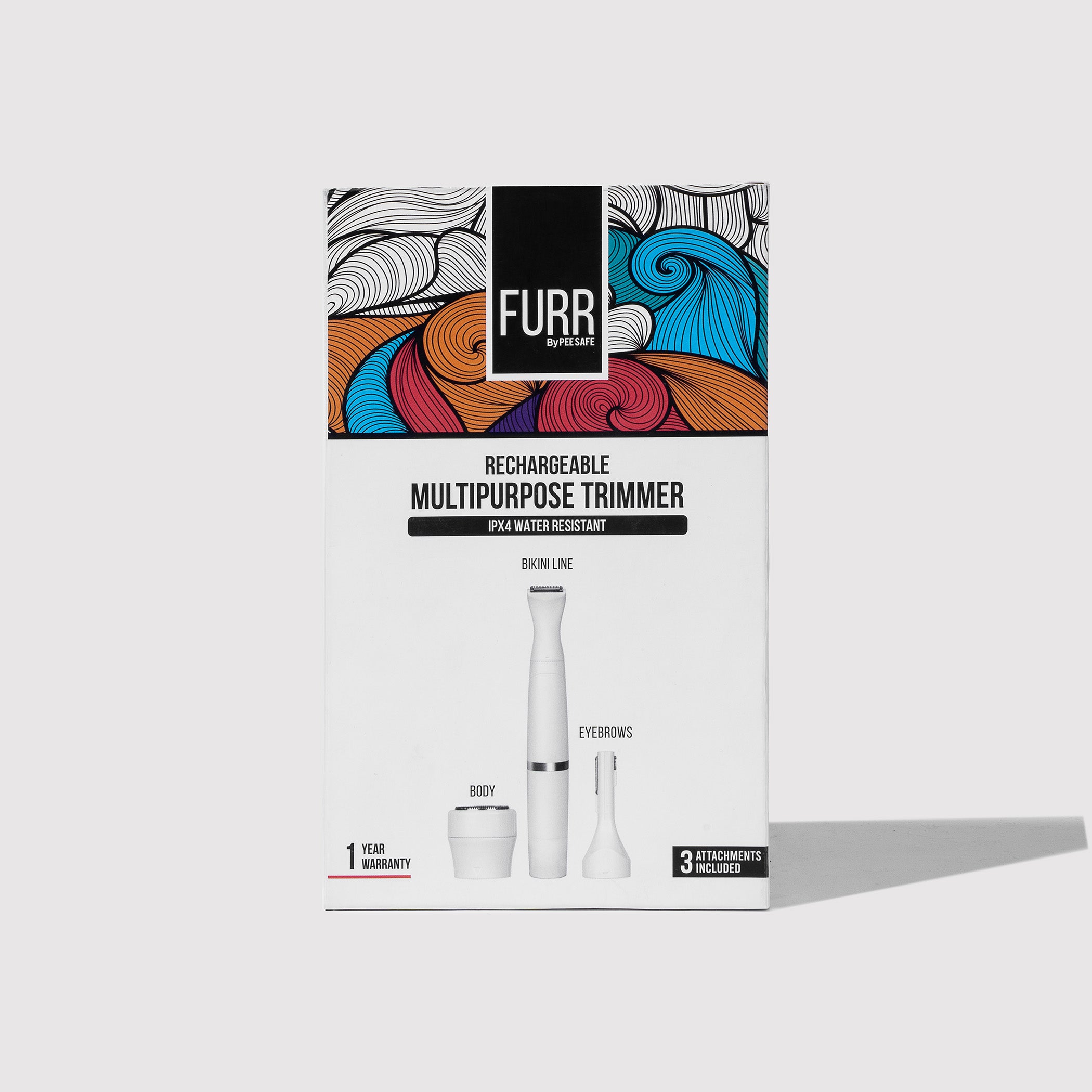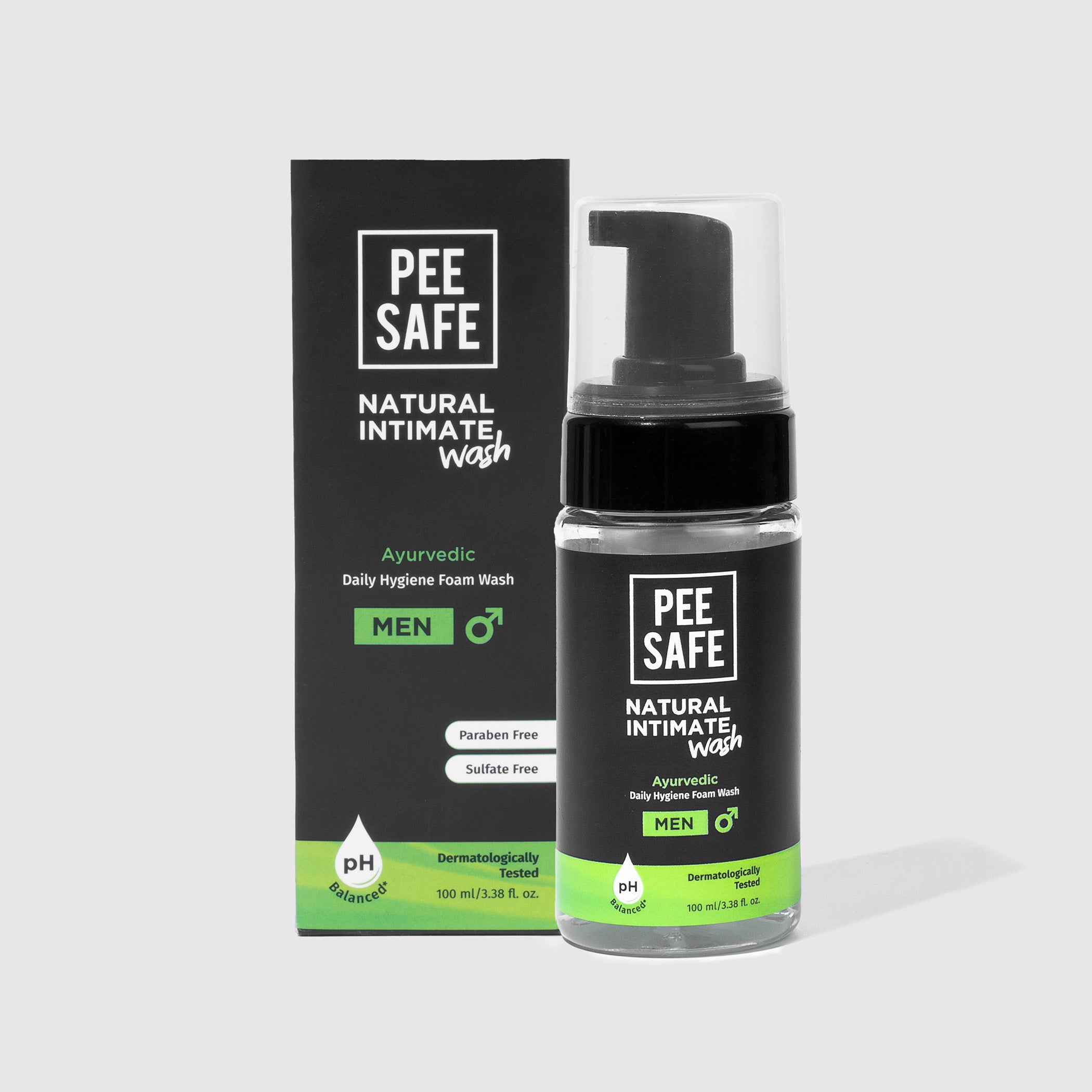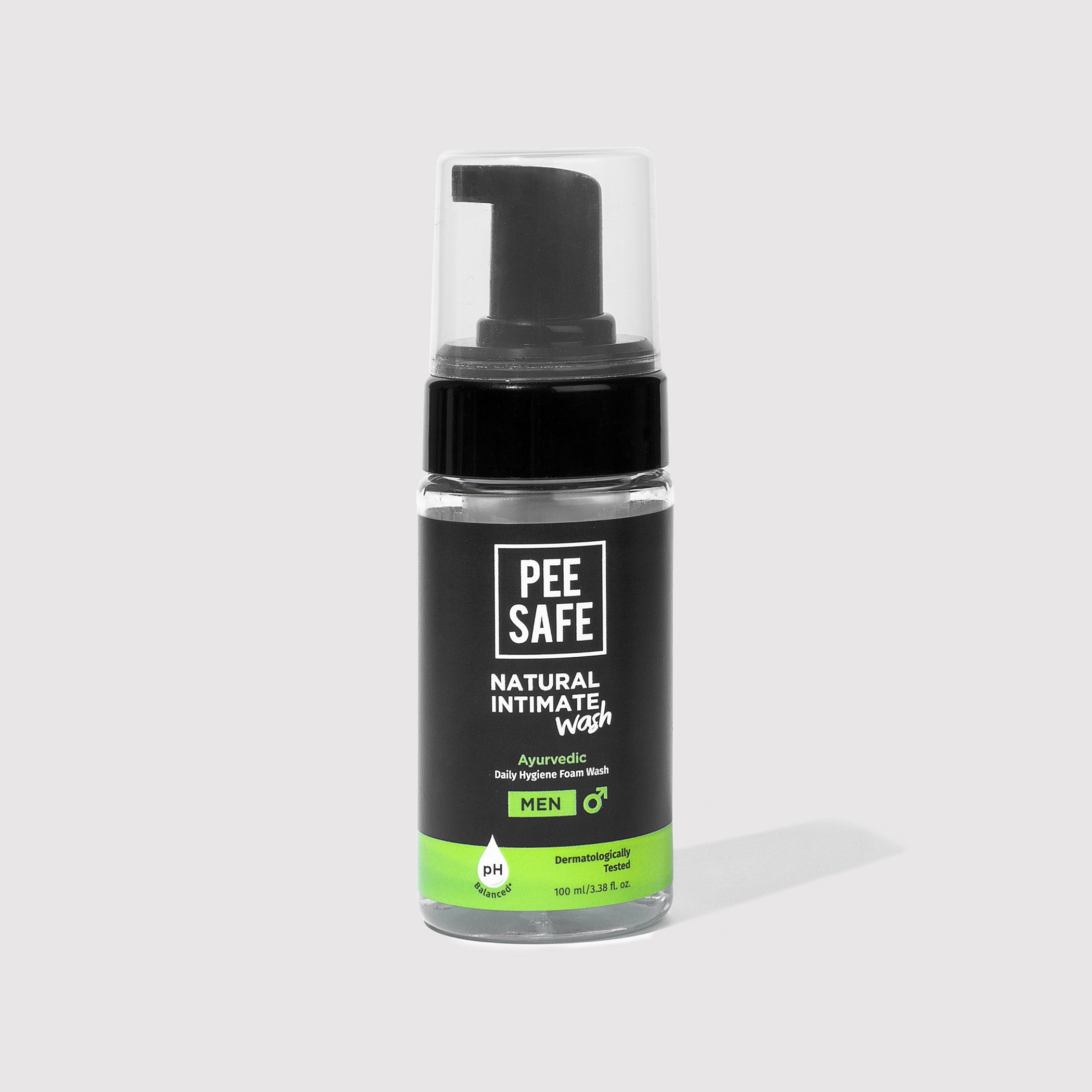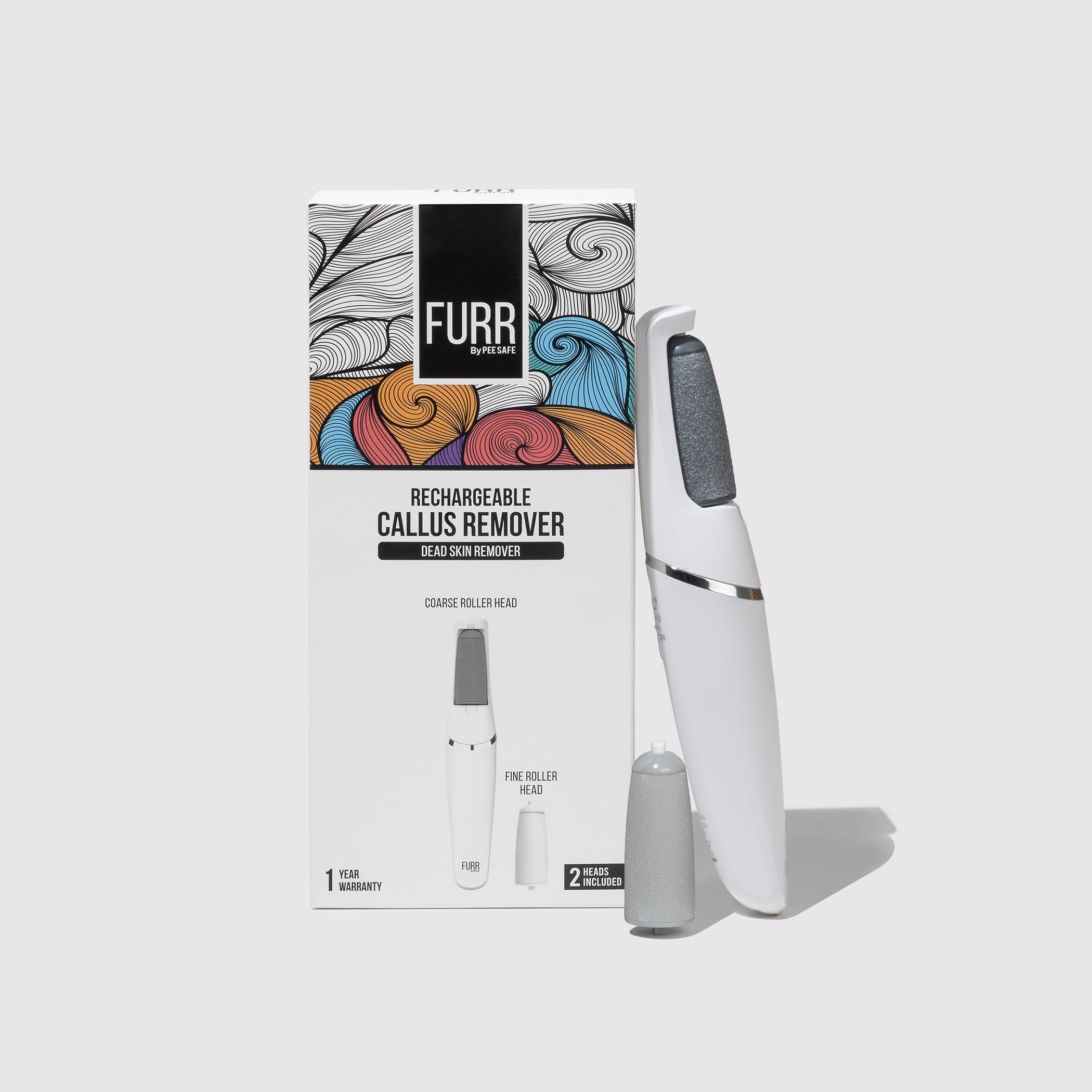If you're dealing with period pain, don't suffer in silence. It's time to take charge and seek help from a doctor. At Pee Safe, we’ve partnered with Veera Health, a virtual health clinic for women, to help you understand what happens down there during your period and know when your body is giving you signs for help.
If you have a uterus, you may be familiar with cramps. But if you’re wondering why you get them in the first place, It happens because the uterus lining builds up throughout the cycle, and then sheds during your periods if an egg is not fertilised. The uterus responds with cramping as a way to control the bleeding. That said, period pain is pretty subjective as different women have different tolerance levels to pain but may also be due to conditions such as endometriosis or fibroids.

Some simple home remedies include using a heat patch or massaging your abdomen, areas in pain with essential oils. The doctors at Veera Health recommend the Pee Safe Cramp Relief Roll On as a good herbal remedy for pain relief. It can be easily applied to the affected areas and works within a few minutes to alleviate the pain.
However, if you cannot get out of your bed and go to work, here are all the reasons why your period may hurt so badly and need medical intervention?
If You Have Heavy Flow with Agonising Cramps
What it could be: If you get heavy flow with awful cramps, it might be uterine fibroids. Fibroids are benign growths that grow in and around the wall of the uterus. They increase and distort the surface of the uterine lining, which can make the bleeding and cramping super-intense during your period. If you have a very heavy flow during your period, it can make you anaemic, making you feel more tired than normal.

What to do: Fibroids can be genetic, so, see your doctor if there has been a history of this benign growth in your family. Your ob-gyn will most likely send you for an ultrasound to check for the size and locations of them. To minimise the pain and heavy flow during your period, most doctors prescribe birth control pills with over the counter medications such as ibuprofen. For particularly severe cases, you might need to undergo surgery depending on the size and the location of the fibroids. To prevent anaemia, your doctor may advise you to consume iron supplements and will regularly check your haemoglobin and blood count.
If You Have Cramps That Medications Can’t Help
What it could be: If over-the-counter medications don't give you any relief, you should consider endometriosis. The condition causes the uterine lining, called the endometrium, to grow on other organs such as the uterus, fallopian tubes, ovaries, even your abdominal wall and intestines.
What to do: If you can, keep a log of the degree of pain as well as the date of your period. The more information you can provide about your cycle, the easier it will be for the doctor to diagnose the problem. But if you feel uncomfortable, consult a doctor immediately. Your ob-gyn will prescribe hormone treatments to decrease the duration of your period and reduce the amount of pain you experience each month.
If You Have Dull, Constant Pain
What it could be: A constant pain outside of your menstrual cycle accompanied by a vaginal discharge could be a sign of PID or pelvic inflammatory disorder. PID is an infection of the uterus, ovaries, or fallopian tubes that is often a result of untreated STDs like chlamydia or gonorrhoea.
What to do: Your doctor will recommend a swab culture to check for bacteria or an infection. Doctors cure PID with antibiotics, but when you leave it untreated, it can form scar tissue in your reproductive tract and interfere with your fertility or cause an ectopic pregnancy (a pregnancy that develops outside of the uterus).

If You Have Sharp Pain on One Side
What it could be: Sudden, sharp pain or stabbing pain on one side could be a sign of a ruptured ovarian cyst or an ovarian torsion. Ovarian cysts are pretty harmless unless they rupture or break open. Ovarian torsion is also a serious condition where an ovarian cyst causes the ovary to twist, cutting off the blood flow to the ovary. Sometimes, nausea and vomiting too can accompany the pain. This type of pain doesn't necessarily have to accompany your periods.
What to do: Go straight to the emergency room and get the necessary scans done to determine the cause of the pain. While the treatment for ruptured cysts can vary from mild interventions to surgery, you will pretty much need to go under the knife if it's an ovarian torsion.
Also, any cramping or bleeding outside your normal cycle could be a cause for suspicion. It could be a warning sign for ectopic pregnancy or a miscarriage. If you have a painful period, talking with Veera gynecologists can help you figure out the cause and how to manage it. This month, Veera Health is offering a 15% discount on every consultation you book with them!
Avail 15% discount on Veera consultation using the code: VPEESAFE15
